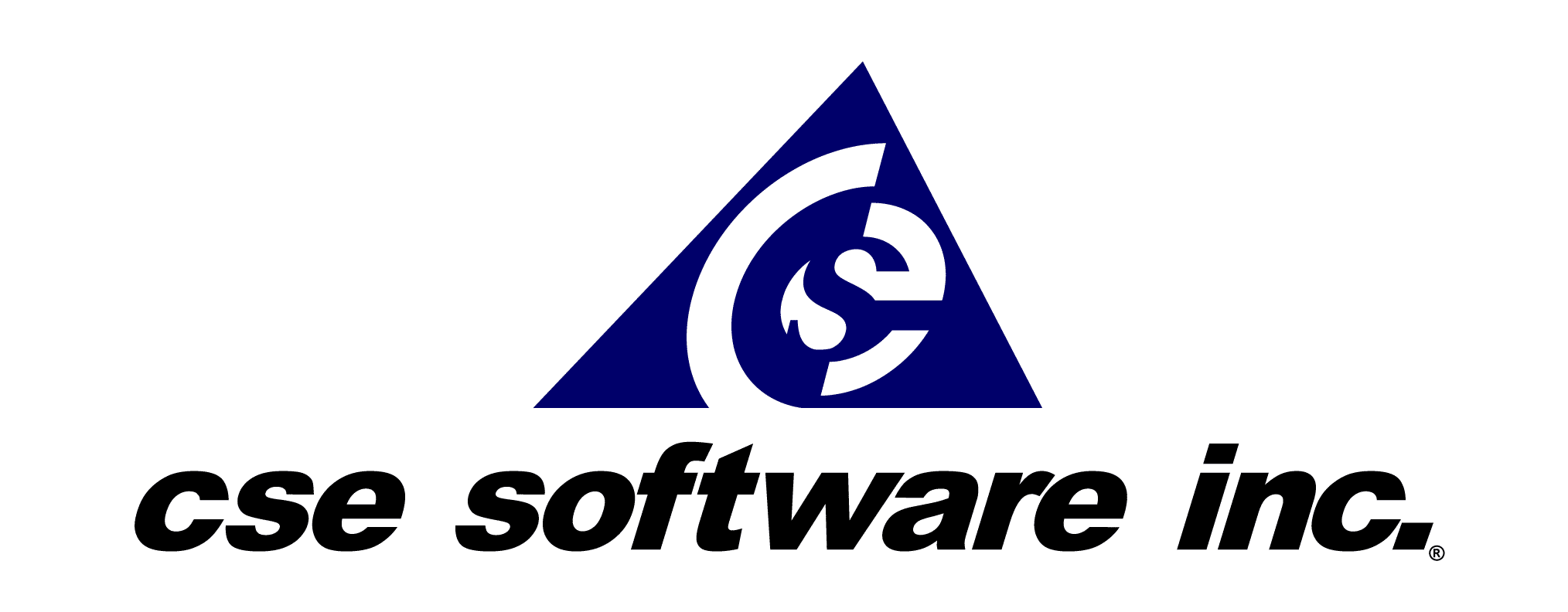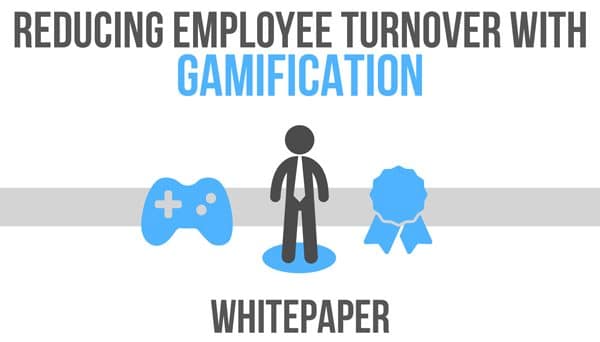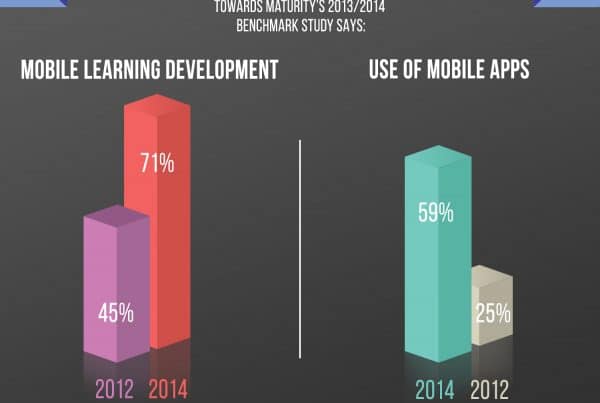An innovative eLearning project in New Zealand is attempting to build on its success by looking for partners to help it expand further throughout the country next year, according to The New Zealand Herald.
The project, which has been slowly spreading throughout schools in some of Auckland’s poorest suburbs, has allowed children to publish their work on the internet while garnering feedback from a variety of different sources around the world. Project leaders say this collaborative effort has worked wonders in improving students’ motivation.
The advent of eLearning development programs, especially among low income families who don’t have access to other academic resources, is not a huge surprise. According to a recent survey by the Pew Internet and American Life Project and Elon University, 60 percent of survey respondents agreed that “there will be mass adoption of teleconferencing and distance learning to leverage expert resources [and] a transition to ‘hybrid’ classes that combine online learning components with less-frequent on-campus, in-person class meetings.” The future of education appears to be trending toward the use of such software, and these suburbs in New Zealand are no different.
The project, managed by the Manaiakalani trust, has seen early dividends among its participating students. Two-thirds of the students using the eLearning development software are from Pasifika families, and another quarter are Maori. These students often come from homes where English is not the primary language used. At the onset of their introduction to the program, these students started school two years behind the national average. However, after using the technology, they were able to catch up with national averages in reading and mathematics by Year 5.
“People from all over the country are interested in replicating this,” Pat Snedden, the chairman of the Manaiakalani trust, told the news source. “As the school results come through, we are constantly getting feedback saying we’d be really keen to put this in our area. The commercial world looks at this and says ‘we want to support this.’ It’s because they understand their future requirements and they want to see it achieved through our education system, and right now they are having to import a lot of this skilled labour.”
The aforementioned survey by the Pew Internet and American Life Project and Elon University noted several key selling points about eLearning development, many of which are put into use in New Zealand. According to the survey, cloud-based computing, digital textbooks, mobile connectivity and current information gathering are all considered technical affordances. This means that these features, with a little bit of infrastructure investment, can be significantly more affordable to the overall educational experience in the long run.
The managers of the trust and the project in New Zealand are currently seeking said infrastructure investment. Currently, each student involved in the project have their own personal laptop computers, which are the cheapest device that allows internet access that most of these families can afford. The present cost to enroll students in eLearning development is $3.50 a week for four years. According to the news source, 85 percent of families pay on time each week.
Project officials hope to find a sponsor that can finance the building of a wireless network. This new network would provide internet access to an additional 2,500 students currently living in a low-infrastructure region. Other sponsors and companies are being sought to contribute additional funds. The trust has raised $4.5 million to date, with contributions coming from federal sources, private donors and the parents paying for the laptops.
Any school or business can utilize eLearning for student education or training in the workplace. CSE Software Inc. can develop the right materials for any audience. Work with an experienced team to take the guesswork out of the process. CSE will design, develop and deliver the materials you need to make your students, staff or clients successful. Choose from a hundred different languages to reach a global audience and deliver consistent educational and training material to every user.
Contact Stacey Burris at sburris@csesoftware.com or 1.309.670.7595 and ask for an eLearning demo today!



